In which of the following reaction the single product formed is not the saytzeff's product




The correct Answer is:B
To determine which reaction produces a single product that is not a Saytzeff product, we need to analyze the reactions and their products based on the stability of the alkenes formed. The Saytzeff rule states that in elimination reactions, the more substituted alkene (the more stable one) is favored as the major product.
1. Identify the Reactions: We have four reactions to analyze, which include dehydration and dehydrohalogenation reactions.
2. Analyze Each Reaction:
- Reaction 1: Dehydration of an alcohol (e.g., CH3-CH(OH)-CH2-CH3 with sulfuric acid).
- Possible products: Two alkenes can be formed. The more substituted alkene (Saytzeff product) will be the major product, while the less substituted alkene will be the minor product.
- Conclusion: This reaction produces a Saytzeff product.
- Reaction 2: Dehydration of cyclopentanol (with sulfuric acid).
- Possible products: The more substituted alkene will be favored (Saytzeff product), but if a less substituted alkene is formed as the only product, it would be the non-Saytzeff product.
- Conclusion: This reaction can produce a non-Saytzeff product depending on the structure.
- Reaction 3: Dehydrohalogenation of an alkyl halide (e.g., CH3-CH2-CHBr-CH3 with alcoholic KOH).
- Possible products: The elimination can lead to the formation of a more substituted alkene (Saytzeff product).
- Conclusion: This reaction produces a Saytzeff product.
- Reaction 4: Dehydrohalogenation of a tertiary alkyl halide (e.g., (CH3)3CBr with alcoholic KOH).
- Possible products: The elimination will favor the formation of the most substituted alkene (Saytzeff product).
- Conclusion: This reaction produces a Saytzeff product.
3. Identify the Non-Saytzeff Product: From the analysis, the second reaction (dehydration of cyclopentanol) is the only one that can yield a product that is not a Saytzeff product, as it can produce a less substituted alkene as the only product.
Final Answer:
The reaction in which the single product formed is not the Saytzeff product is Option 2 (dehydration of cyclopentanol).
- Reaction 1: Dehydration of an alcohol (e.g., CH3-CH(OH)-CH2-CH3 with sulfuric acid).
- Possible products: Two alkenes can be formed. The more substituted alkene (Saytzeff product) will be the major product, while the less substituted alkene will be the minor product.
- Conclusion: This reaction produces a Saytzeff product.
- Possible products: The more substituted alkene will be favored (Saytzeff product), but if a less substituted alkene is formed as the only product, it would be the non-Saytzeff product.
- Conclusion: This reaction can produce a non-Saytzeff product depending on the structure.
- Possible products: The elimination can lead to the formation of a more substituted alkene (Saytzeff product).
- Conclusion: This reaction produces a Saytzeff product.
- Possible products: The elimination will favor the formation of the most substituted alkene (Saytzeff product).
- Conclusion: This reaction produces a Saytzeff product.
The reaction in which the single product formed is not the Saytzeff product is Option 2 (dehydration of cyclopentanol).
Topper's Solved these Questions
- ORGANIC REACTION MECHANISMS-IVBOOK - RESONANCE ENGLISHCHAPTER - ORGANIC REACTION MECHANISMS-IVEXERCISE - APSP PART-2
17 Videos
- ORGANIC REACTION MECHANISMS-IVBOOK - RESONANCE ENGLISHCHAPTER - ORGANIC REACTION MECHANISMS-IVEXERCISE - APSP PART-3
22 Videos
- ORGANIC REACTION MECHANISMS-IVBOOK - RESONANCE ENGLISHCHAPTER - ORGANIC REACTION MECHANISMS-IVEXERCISE - Exercise-3 Part-2 JEE (MAIN ) ONLINE PROBLEMS
10 Videos
- ORGANIC REACTION MECHANISMS - IIBOOK - RESONANCE ENGLISHCHAPTER - ORGANIC REACTION MECHANISMS - IIEXERCISE - APSP Part - 3
22 Videos
- PERIODIC TABLE & PERIODICITYBOOK - RESONANCE ENGLISHCHAPTER - PERIODIC TABLE & PERIODICITYEXERCISE - ORGANIC CHEMISTRY(BASIC CONCEPTS)
27 Videos
Similar Questions
Knowledge Check
In the following reaction the major product formed is:
 A
A B
B C
C D
D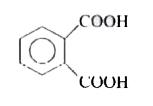
In which of the following reactions product formed is same ?
 A(i) and (ii)B(ii) and (iii)C(i) and (iii)D(i), (ii) and (iii)
A(i) and (ii)B(ii) and (iii)C(i) and (iii)D(i), (ii) and (iii)In the reaction the major product formed is :
 A
A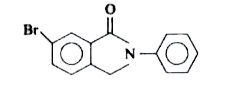 B
B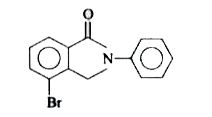 C
C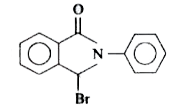 D
D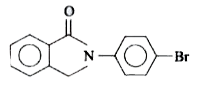
The product formed in the reaction
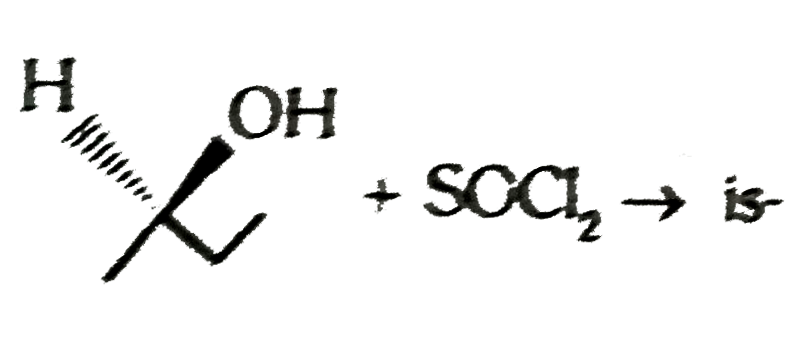
View SolutionIn which fo the following reactions is the correct major product formed?
View SolutionThe product formed in the reaction,
 Product is
Product is
View SolutionIn which ofthe following reaction resonance stabilized product will form ?
View SolutionIn the reaction

The major product formed is :
View Solution

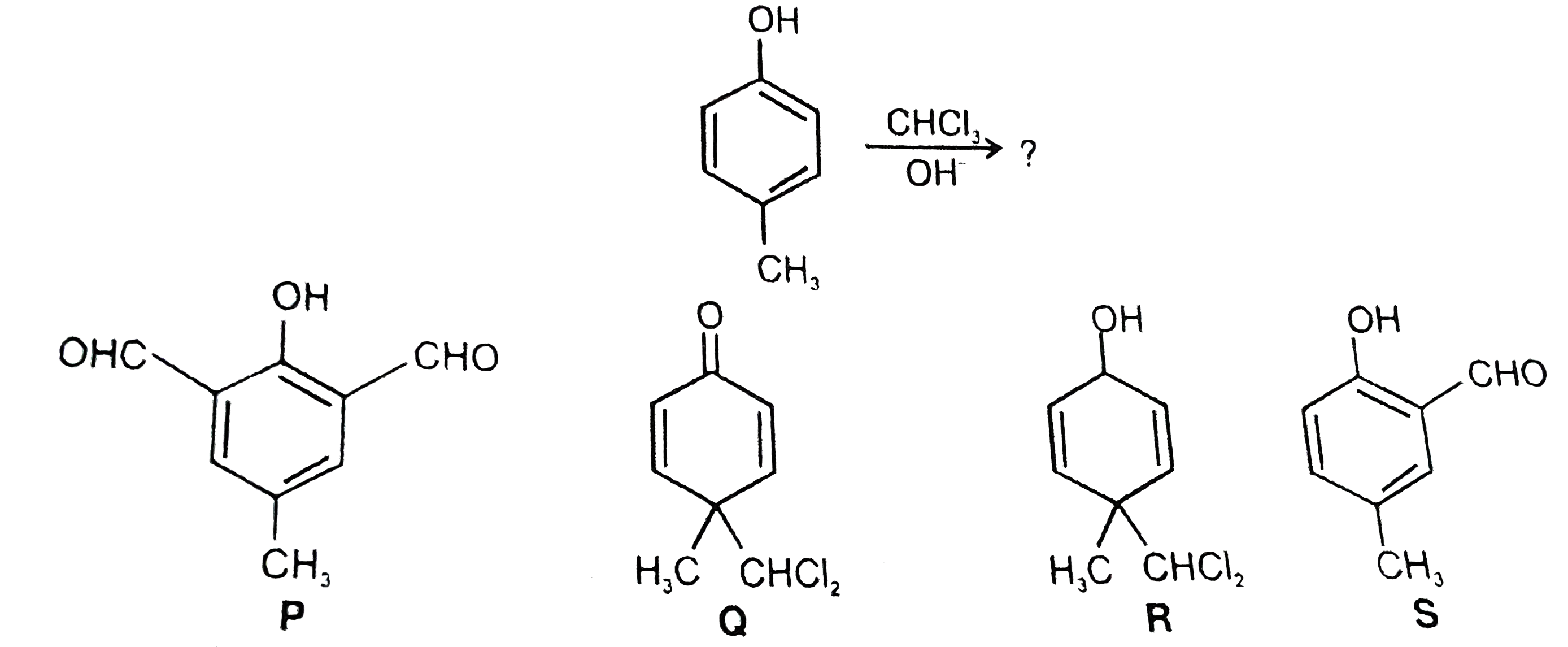
_E01_216_Q01.png)